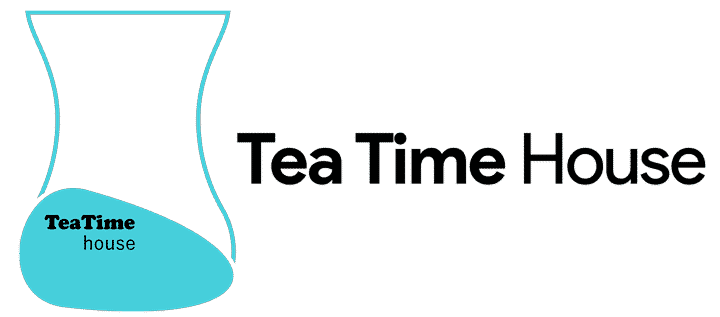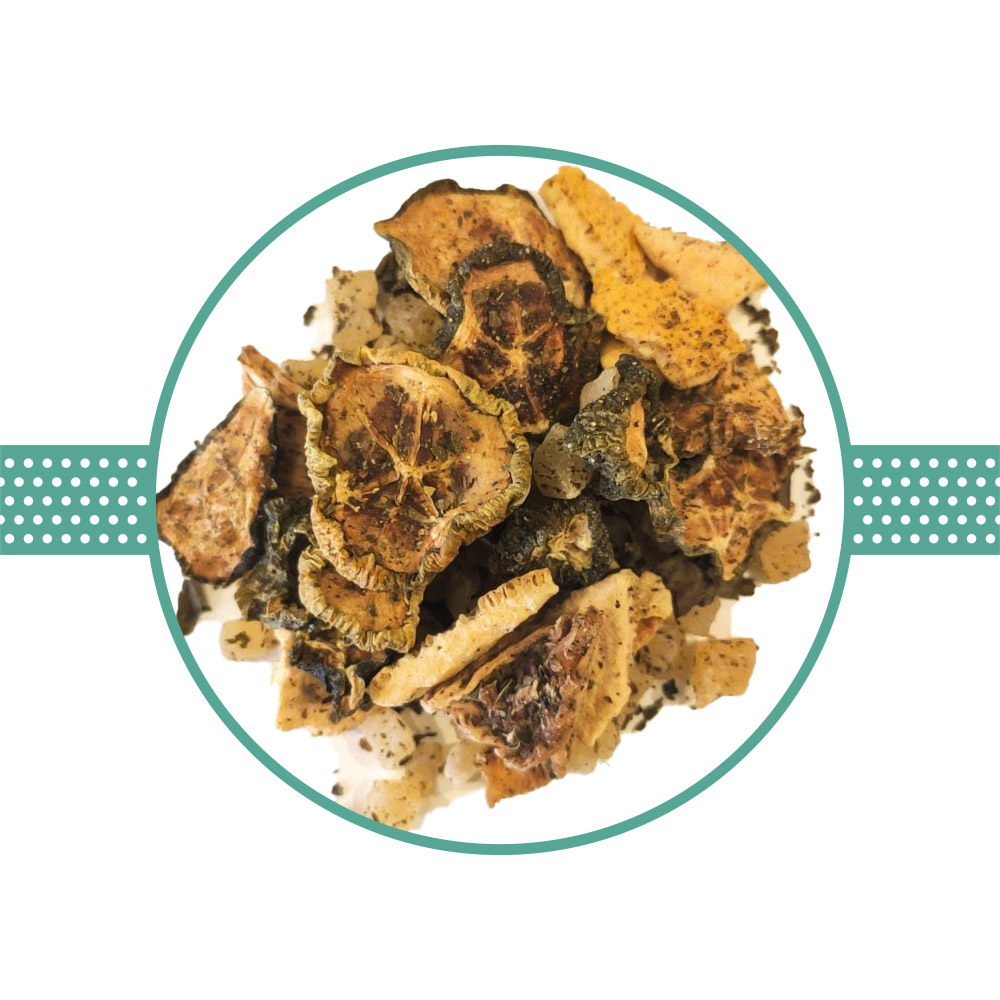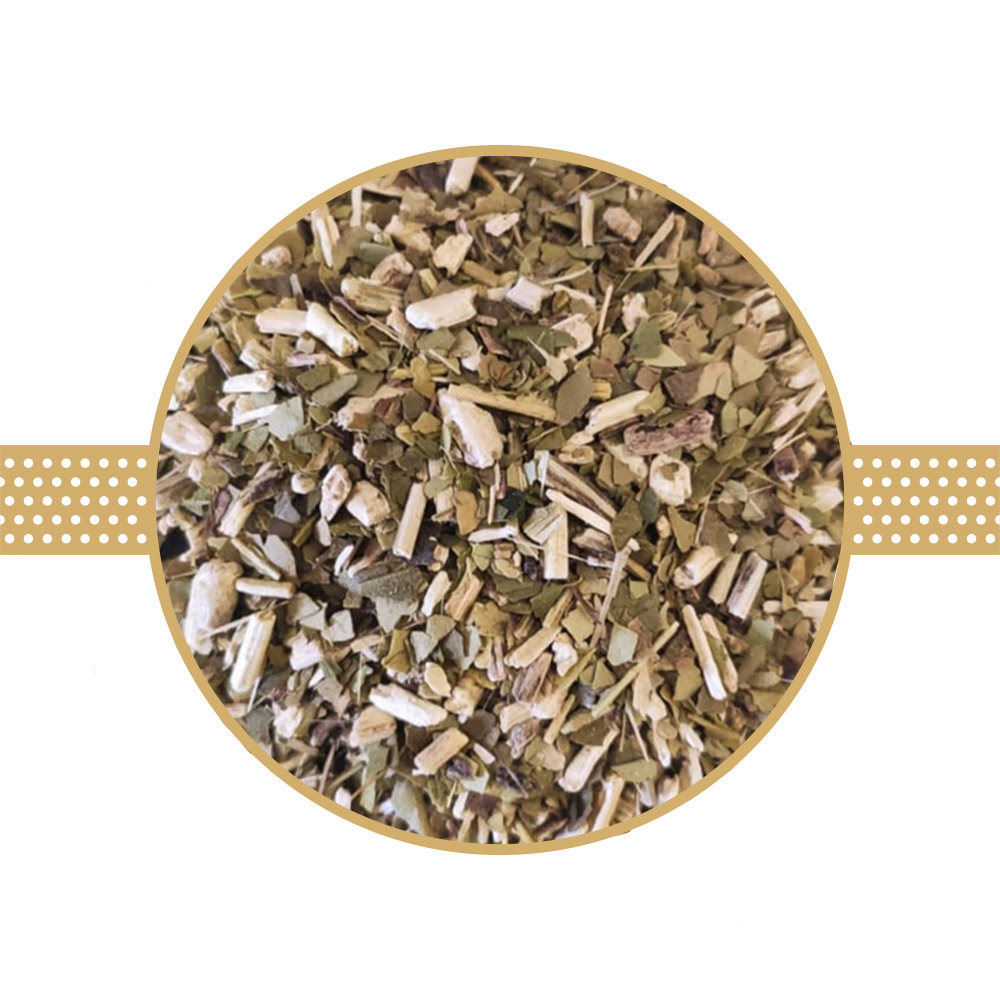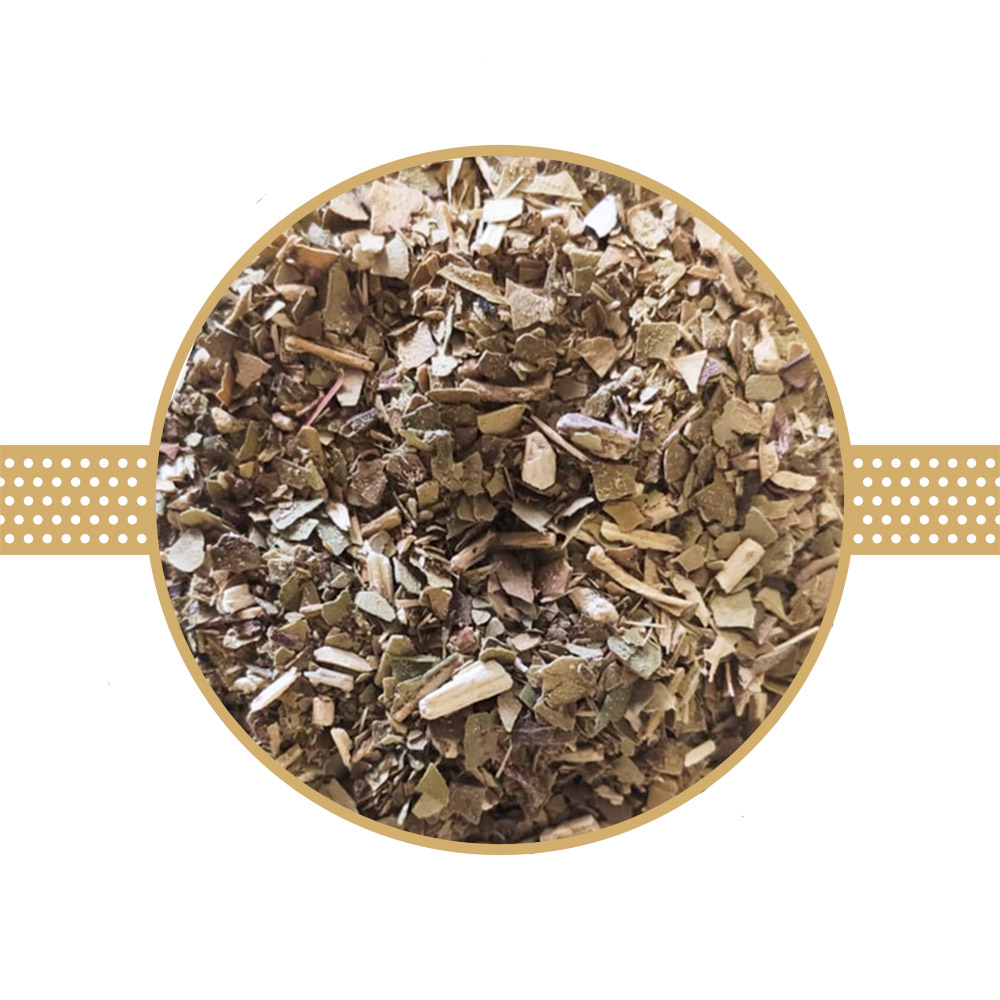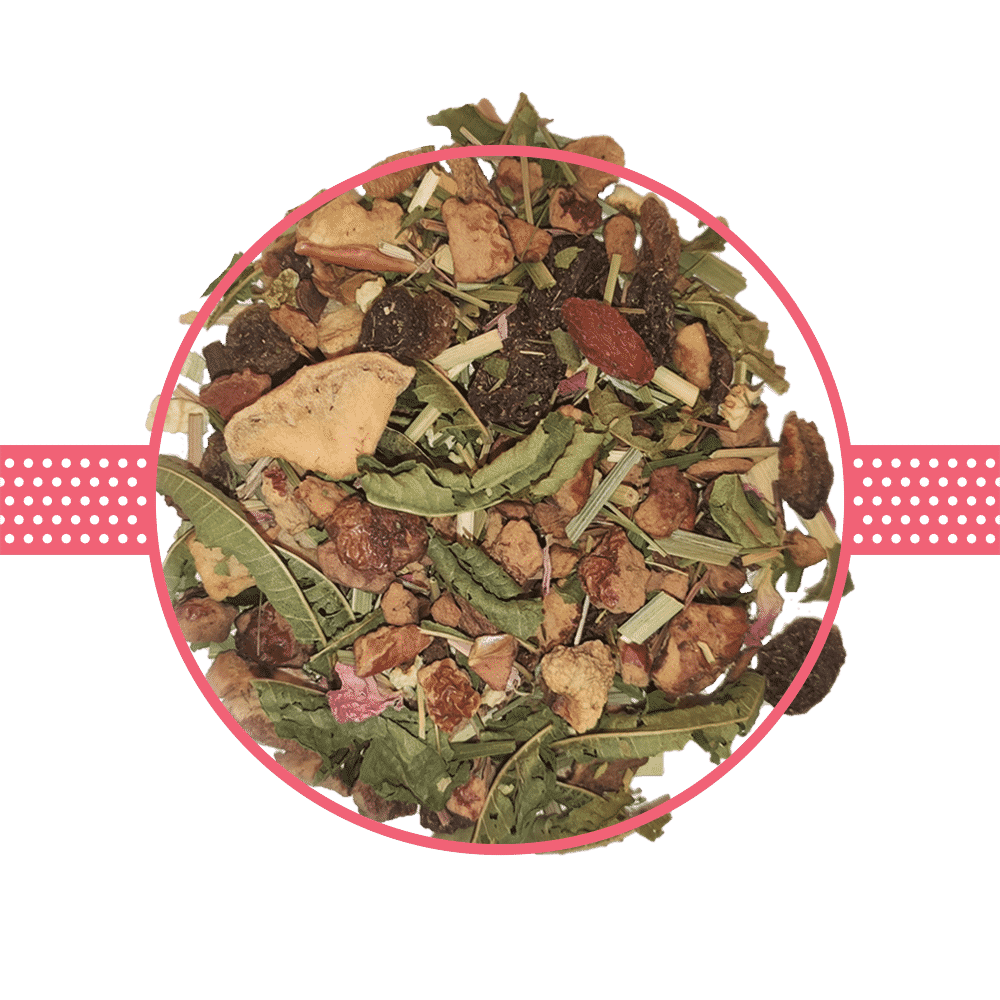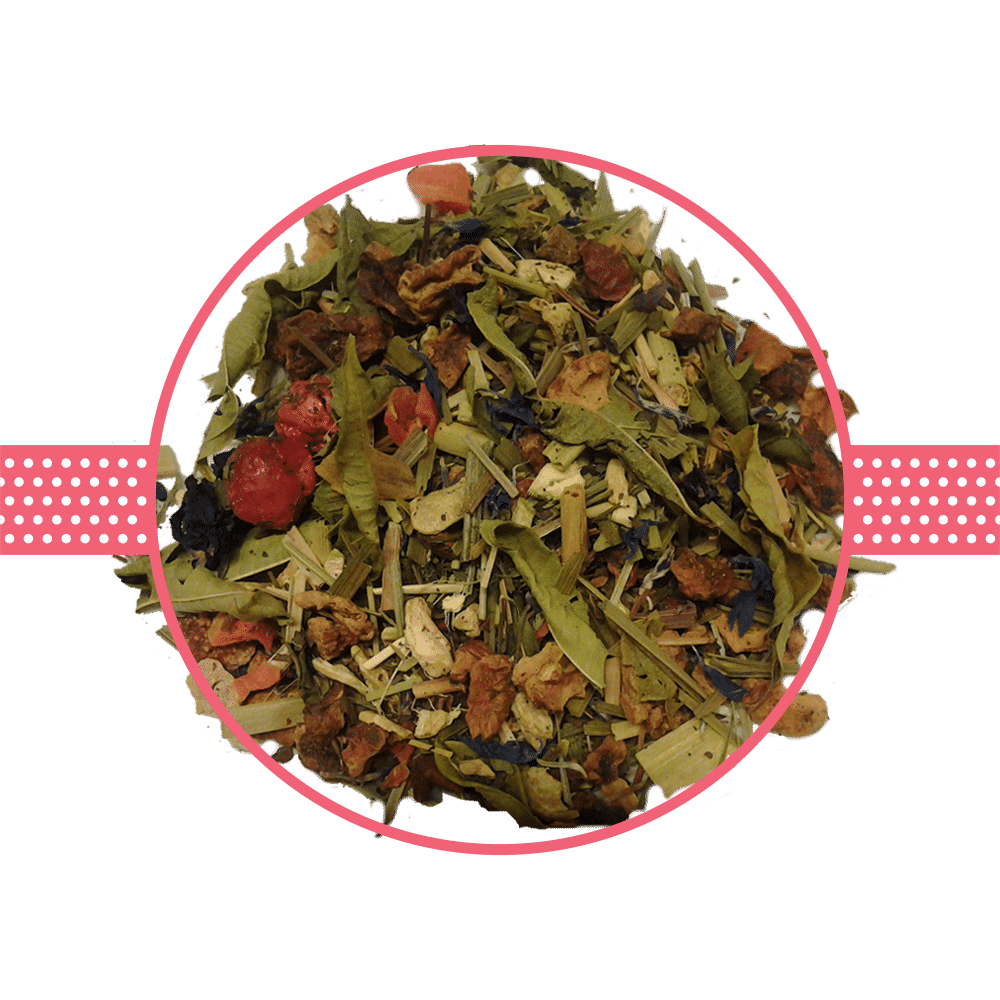Showing all 12 results
Recently Viewed Products
Don’t Confuse Herbal Teas and True Teas
“Herbal” tea is often used to distinguish it from “true” tea, which is made from the leaves of Camellia sinensis, the tea plant.
Due to the fact that most herbal teas do not naturally contain caffeine, many people think they shouldn’t be called tea; instead, they prefer the French term “tisane” or “infusion”.
Herbal Teas Base
Flowers, fruits, leaves, seeds, and roots are the main ingredients in infusions or tisanes. An herbal tea is made by steeping the plant parts in boiling water for a few minutes.
Sometimes the harder parts of the plants such as roots, hard seeds and bark are cut and put in the water to be boiled together. This method is called decoction.
It is important to chop fresh or dried herbs carefully when making herbal teas and infusions because shredding may have an adverse effect on the extract of the active ingredients.
Herbal Tea General Structure
In order to have an effective herbal tea, the herbs must be homogeneous and combined according to precise instructions, taking care not to mix hard and tender parts of the plant.
In herbal teas made from several herbs, there are several elements that can be classified as follows:
- Basic remedy: one or more plants containing specific principles;
- Adjuvants (adjuvants): one or more plants that assist the absorption of the basic remedy.
- Plants that give the beverage a pleasant appearance are called costituens (complements).
- Plants that improve the organoleptic characteristics of herbal tea are called corrigens (correctors).
Get The Most Out of Herbal Teas
In combination with different herbs and spices, herbal tea can aid in the healing process of many illnesses.
To get the best herbal tea, you need to choose an artisanal product crafted from high-quality ingredients.
To release as many benefits as possible, we recommend allowing herbals to infuse properly.
For this reason, we have provided specific instructions for each infusion or herbal tea. Which can be found on each product’s page.
An array of health benefits is associated with herbal consumption, including improved digestion, increased immunity, relaxation, anti-aging, clearer skin, and faster healing.
Herbal tea dates back thousands of years, and has been used for its medicinal properties and great taste in Ancient Egypt and Ancient China.
Its caffeine-free nature and combination with various herbs and spices make herbal tea a popular beverage around the globe.
The earliest records of herbal teas date back to the 28th Century BC in China where they used them to heal countless ailments and afflictions. Herbal teas also have a medicinal history in Sri Lanka, Egypt, and Greece.
Thousand years ago ancient Egyptians, Chinese and Iranians had learned that hibiscus can cure coughs, ginseng can increase strength, and cardamom improves digestion.
These herbs are commonly found in many herbal teas we find in shops, cafes, and at home.

